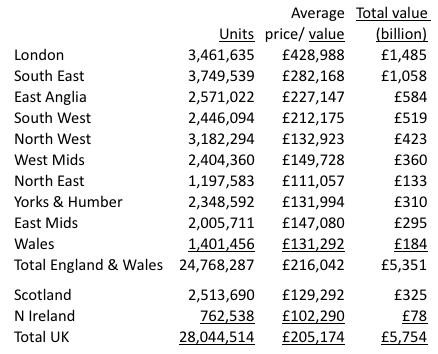What You Need to Know About Council Tax in the UK

Introduction
Council tax is a significant aspect of local government financing in the United Kingdom, impacting millions of households. As a tax levied on residential properties, it plays a crucial role in funding local services such as education, waste collection, and social care. Understanding council tax is vital for residents as it directly affects their household budget and local community services.
What is Council Tax?
Council tax is a property tax that is calculated based on the estimated value of a home. Introduced in 1993, it replaced the Community Charge (also known as the Poll Tax). Each property is assigned to a valuation band (ranging from A to H), which determines the amount of council tax owed. The amount varies by local authority, reflecting the differing needs and priorities of communities across the UK.
Current Developments
As of April 2023, many local councils across the UK have announced significant increases in council tax rates. For instance, authorities in England can raise council tax by up to 5% without requiring a local referendum, a measure geared towards addressing inflationary pressures and budgetary shortfalls exacerbated by the COVID-19 pandemic and ongoing economic challenges. The Joseph Rowntree Foundation has highlighted how these increases disproportionately affect low-income families, leading to increased financial strain for vulnerable populations.
In contrast, some councils are implementing measures to mitigate impacts on the most disadvantaged. Initiatives such as local exemptions and reductions for low-income households, single occupants, and disabled residents are critical strategies being employed to ensure fairness in the taxation system.
The Importance of Council Tax
Council tax not only funds local services but also serves as an indicator of local governance and community priorities. With council budgets stretched thin, the resilience of local services relies heavily on this tax revenue. Moreover, the distribution of council tax funds influences local infrastructure, housing projects, and amenities, shaping the quality of life in communities.
Conclusion
In conclusion, council tax remains a crucial element of the financial ecosystem for local authorities in the UK. While increases in rates may be necessary to sustain services in the face of inflation and economic pressures, it is essential that local governments consider the implications for low-income households. Moving forward, transparency and community engagement in council tax decisions will be vital for maintaining public trust and ensuring equitable contributions to local services.









